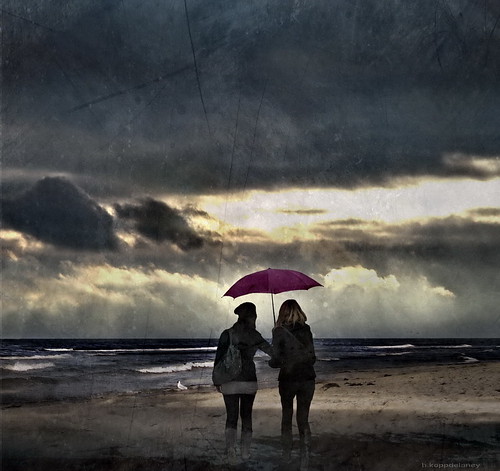A friend recently shared an article entitled “The Curse of the Connector.” Its tagline? “It’s easy to never be alone and yet very lonely.” The writer describes a glamorous Gatsby whirlwind of life in his social circle, in which everyone is supposed to always be doing something exciting and “crushing it.” But, he says, “The world desperately needs more “connections” to become true friendships.”
I live in the Silicon Valley, and I’ve experienced the culture the author is talking about. The “crush it” culture exhausts me because, on the surface at least, it seems to focus heavily on appearances. In addition, there is the “always busy” mentality. Meanwhile, we like to speculate on whether social media is making us more lonely. All of these ideas are interconnected, as they relate to the type and depth of connections with which we surround ourselves.
I’m going to rush right by the fact that the first mention about true friends in this article is that they make excellent personal brand consultants. (Really?!? That’s the first thing that comes to mind about friendship? Really?!?) At its heart, this article is about the realization that our lives are better when we have close friends as well as a large number of acquaintances, that friendship isn’t a numbers game or a mere ego boost.

Photo Credit: h.koppdelaney via Compfight cc
Yes, friendship takes time. Yes, it takes work. Yes, sometimes it can be quite difficult to find kindred spirits with whom to be close. Since last year was the Year of Friendship for me, I spent a lot of time thinking about these things, and now I have a few theories about friendship:
The Once a Week Theory: The more often you see somebody, the more likely you are to become close friends. Once a week or more is optimal. Once every other week is adequate. Less than once a month and the friendship probably doesn’t have the time to form right now. (For long distance friendship making, texts, emails, and Skypes can be substituted for in-person time. For established friendships, you can sometimes get by on less, but eventually you won’t be as close.)
It is no coincidence that many of my close friends get together every week for game night. I think of other close friends I’ve made, and there is generally either a concerted effort to see each other regularly, or a steady stream of texts or emails.
The One-on-One Theory: Sure, I can have good times with people at parties or group outings. But for me, a friendship becomes closer when I spend time one-on-one or in small groups (probably no more than four or five). The more one-on-one time I spend with somebody, the more likely we are to become close friends.
The Diminishing Returns Theory: Not everyone is going to be a perfect friend match. Maybe she’s too busy, maybe he’s going through a rough patch, maybe the two of us just didn’t click (or it was a one-sided click). Maybe there’s something in the friendship dynamic that isn’t working too well. It doesn’t mean you aren’t both great people, it just means you’re not going to become close. Happily, there are many more fabulous people out there who might become good friends. It works better to invest time with the people who will invest their time in you and can be part of a balanced and positive friendship. (Yes, friendship can be surprisingly like dating.)
Taylor’s Party Corollary: The closer the friend, the earlier you plan to arrive at their parties. It’s nice when a close friend arrives close to the start time. They can help set up, chat comfortably, hang out before the party picks up speed, or occupy early-arriving acquaintances and help the conversation flow. (Note: I am not good at this. I almost always arrive late to parties.)
How about you? Have any theories of your own about friendship?



















